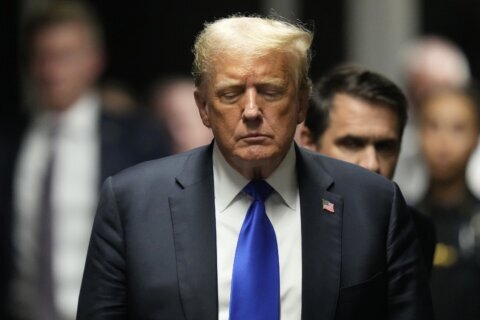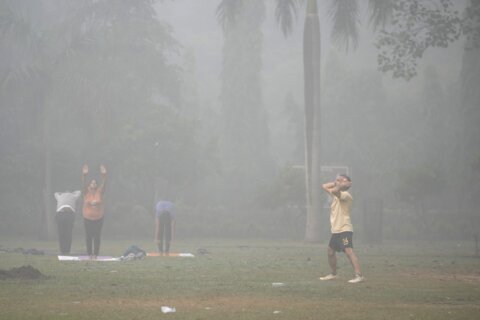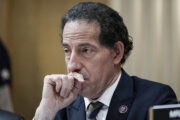MONTGOMERY, Ala. (AP) — A portion of a new Alabama law limiting help with absentee ballot applications will remain blocked, a federal appeals court ruled on Friday, siding with voting rights groups who argued that it discriminated against voters who are blind, disabled or cannot read.
A three-judge panel on the 11th Circuit Court unanimously affirmed a lower court decision from September that blocked a portion of the law. The measure made it illegal to distribute an absentee ballot application that is prefilled with information such as the voter’s name, or to return another person’s absentee ballot application. The new law also made it a felony to give or receive a payment or a gift “for distributing, ordering, requesting, collecting, completing, prefilling, obtaining, or delivering a voter’s absentee ballot application.”
In a two-page decision, the appeals court judges ruled that removing the lower court’s injunction would “injure” voting access for disabled voters and goes against the public interest.
The American Civil Liberties Union of Alabama, Legal Defense Fund, Alabama Disabilities Advocacy Program and Campaign Legal Center filed a lawsuit challenging the law on behalf of voter outreach groups.
In the original lawsuit, voter outreach groups said their paid staff members or volunteers, who are given gas money or food, could face prosecution for helping disabled voters with an application.
“The court’s decision recognizes that many vulnerable voters would be unable to vote if Alabama were allowed to enforce the blocked law,” the plaintiffs said in a joint statement on Friday.
In September, in an effort to keep the entire law in place, Alabama Attorney General Steve Marshall’s office argued anyone could help a disabled voter, but “just not in exchange for cash or gifts.”
“Alabama’s elections will be less secure and the voting rights of the State’s most vulnerable voters less protected if SB1’s injunction remains in place,” Marshall’s office wrote, referring to the new law.
Alabama is one of several Republican-led states imposing new limits on voter assistance.
Attorneys general from Mississippi, Arkansas, Florida, Louisiana and Texas filed an amicus curiae brief on Friday in favor of the law and an appeal filed by Marshall.
The brief argued that it advanced public interest by preventing third-parties from completing and submitting large amounts of absentee ballots on behalf of voters.
The Alabama attorney general’s office did not immediately comment on the decision.
Copyright © 2024 The Associated Press. All rights reserved. This material may not be published, broadcast, written or redistributed.







